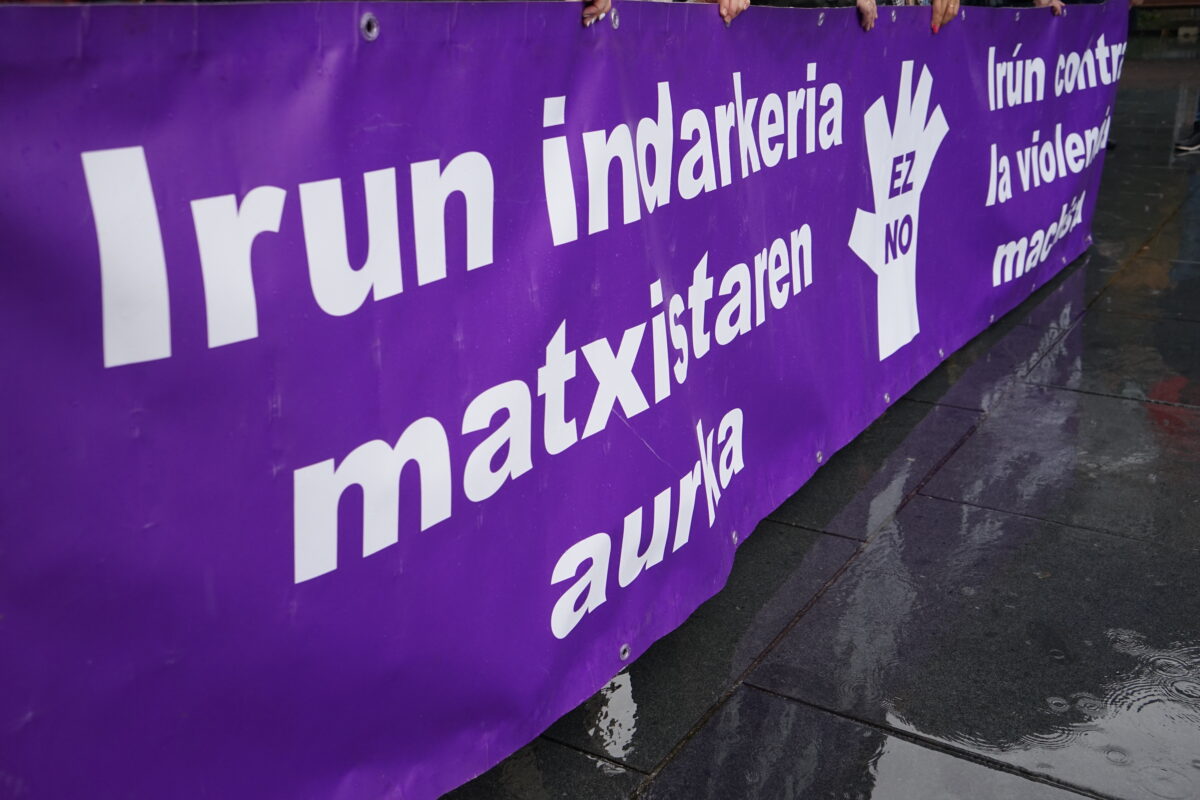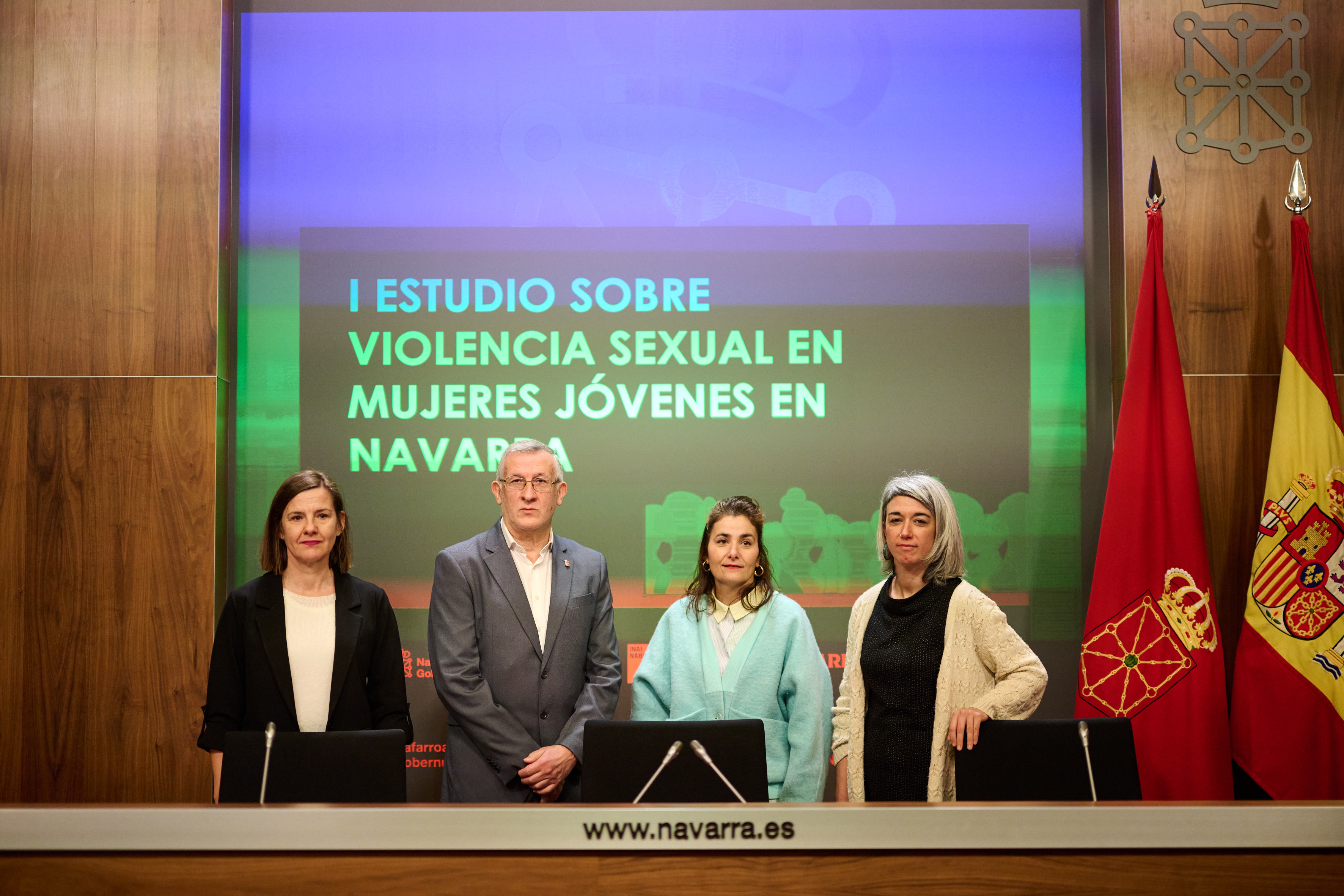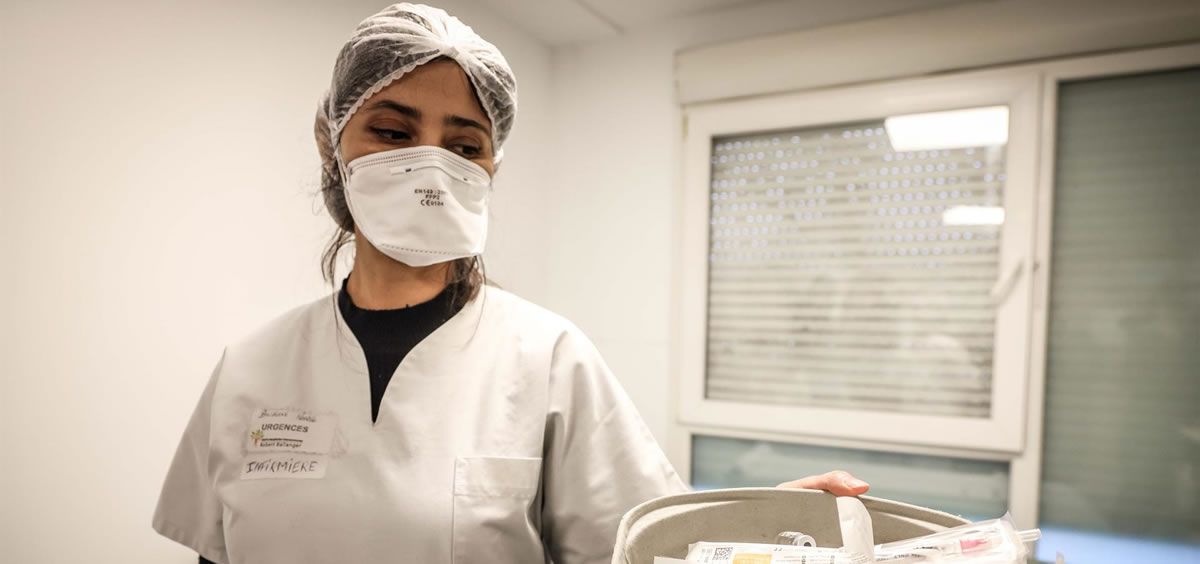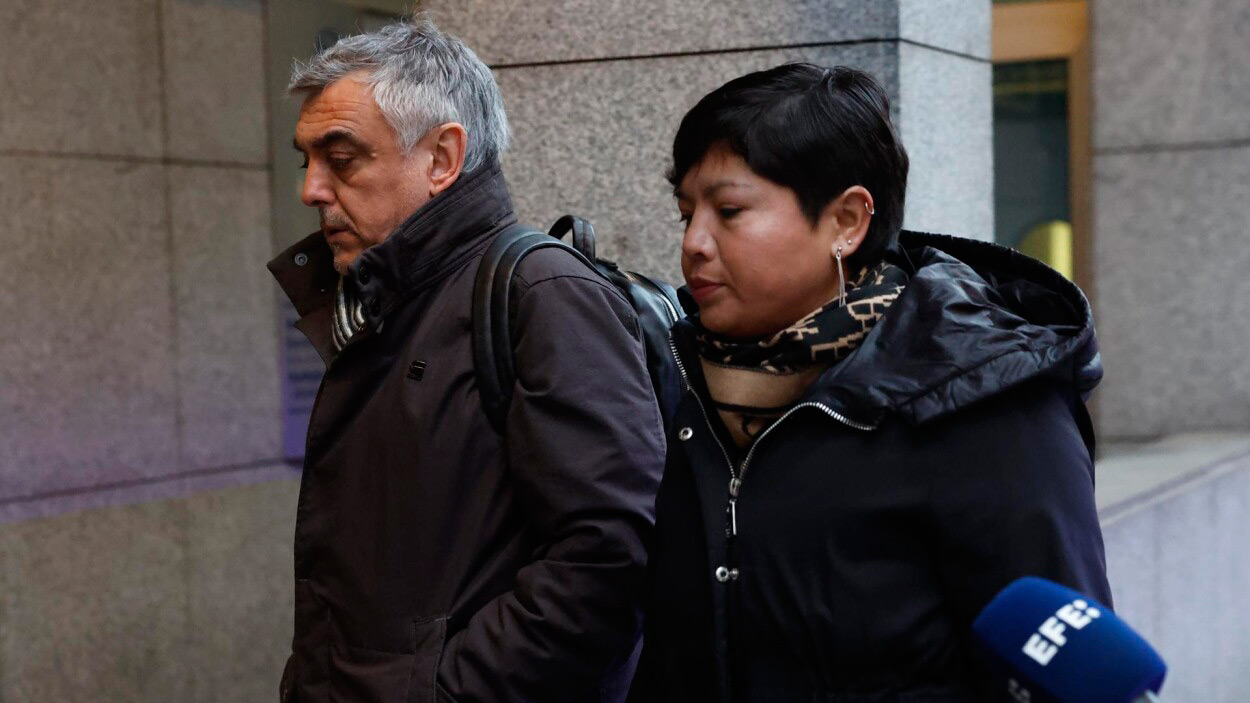In Navarre, 1,300 women are treated annually for violence against women
- The Comprehensive Care Groups for Victims of Violence Against Women that the Government of Navarra is in progress have served 911 women and 60 sons and daughters from the beginning of the year to September: By 2020, 23% more women and 11% more children than in the same period. They are located in Berriozar, Tudela, Estella and Tafalla and serve all Navarre except Pamplona, which has its own service. The Pamplona hospital serves more than 300 women a year.

They work in the social, legal, educational and psychological fields, and for this care to be taken care of, there is no need to lodge a complaint. Care is provided regardless of the administrative situation of women.
According to the Government of Navarra, 99% of the women who have received this service claim to have greatly improved their situation after being attended and to advise other women to provide this service.
Developments in previous years
In 2020, 739 women were attended, in 2019 to 1,060 and in 2018 to 963. The manager of the Navarro Institute for Equality, Eva Istúriz, explained that "the pandemic caused women to get closer to these groups, although there was regular telephone care".
The implementation of these multidisciplinary services by the Government of Navarra dates back to the decade of 2010, and annually attends to about 1,000 women. In addition, there are about 300 women who are treated annually by the Office of Care for the Victims of Pamplona.
Hostel services also go up
The number of people staying in the emergency apartments, hostels and residences of the Basque Country between January and September has increased by 221 people, 30% more than the previous year.
Complaints also above
Complaints lodged with the police have increased since 2015. In that year, 1010, 1,335 were collected in 2019, 1,549 in 2020 (16% more) and 1,213 from the beginning of the year to September, compared to 1,203 received in the same period of the previous year. 75% of the complaints filed are due to physical or psychological violence and in 71% of the cases the aggressor is over 30 years old.
We learned this week that the Court of Getxo has closed the case of 4-year-old children from the Europa School. This leads us to ask: are the judicial, police, etc. authorities prepared to respond to the children’s requests? Are our children really protected when they are... [+]
Bi erizainetatik batek lanean eraso sexistak jasaten dituela azalerazi du Erizainen Ordenak joan den urte bukaeran egin ikerketak. 21.000 erizainek ihardetsi dute, sektore pribatu, publiko eta liberaletik. Hauetan 2.500 gizonak dira.
Today, the voices of women and children remain within a culture that delegitimizes their voices, silencing their experiences, within a system aimed at minimizing or ignoring their basic rights and needs. A media example of this problem is the case of Juana Rivas, but her story... [+]








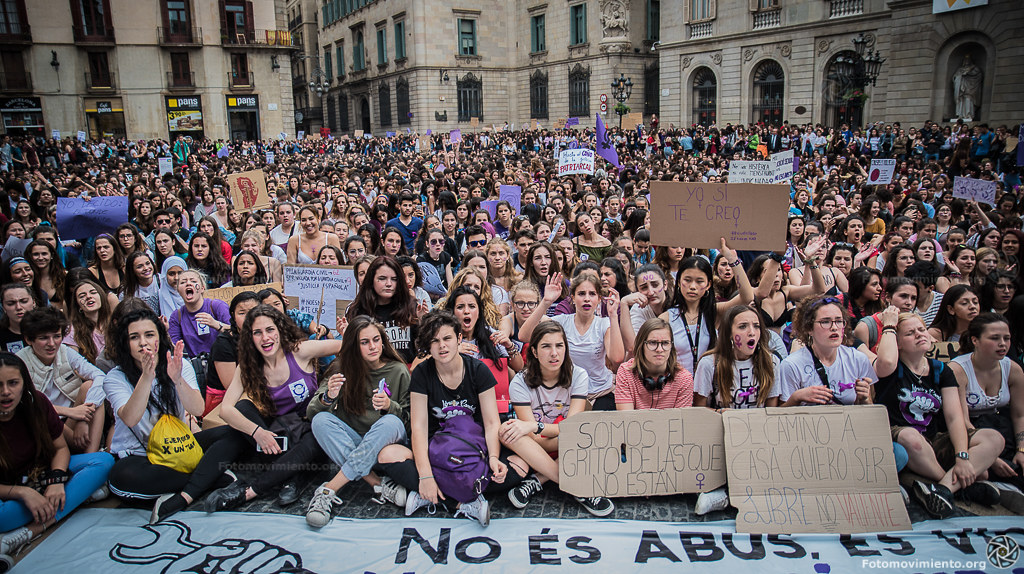

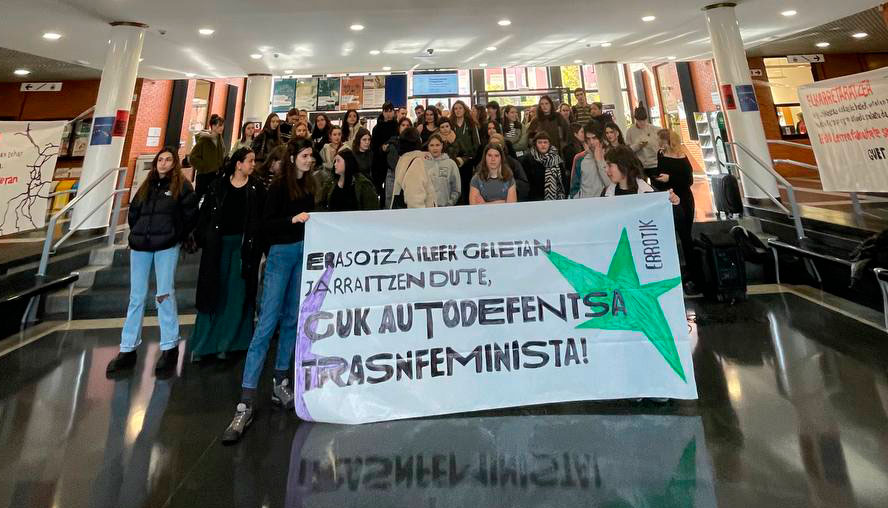
_2.jpg)
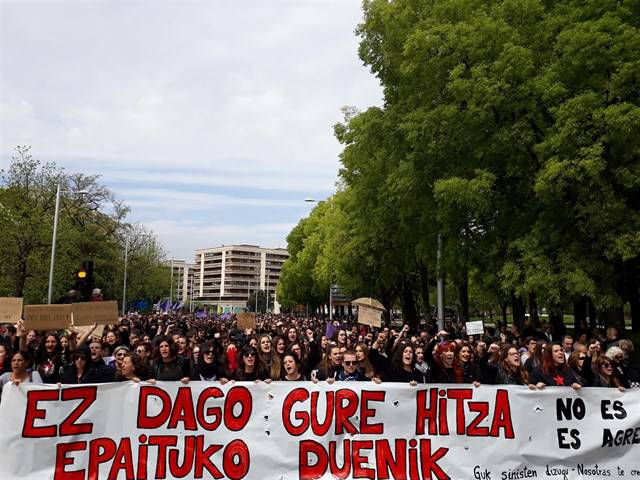
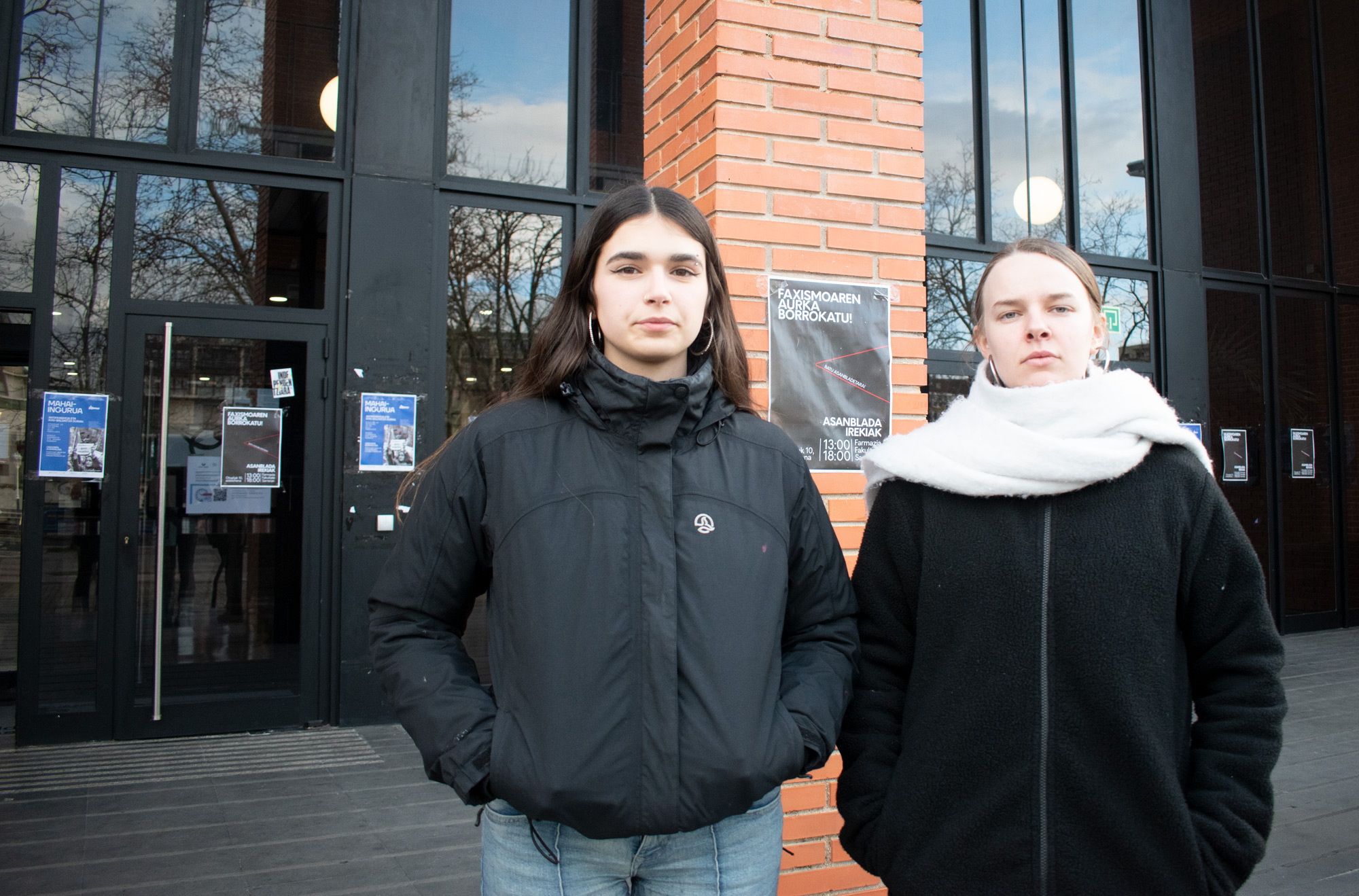
_2.jpg)
